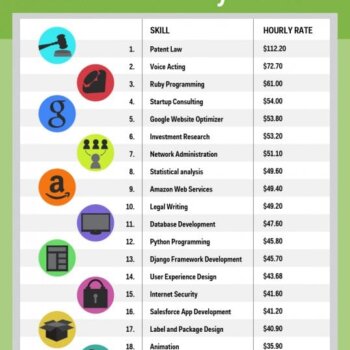Yesterday, while speaking at the opening of a regional trade fair in Spain, I took the opportunity to once again repeat my message that that digital transformation is not a technology problem but a people problem: technology, with few exceptions, tends to be there when needed and to evolve, in addition, to become simpler, cheaper and more versatile over time, what’s more, it can’t be uninvented. In this context, I introduced the concept of digital dividends in the sense commonly used by the World Bank, i.e., the benefits that emerge from adopting or using a particular technology.
What does this have to do with digital transformation? In my opinion, to introduce a variable that we can estimate in a broad way and that calculates not only the benefit of a digital transformation, but who benefits. If the benefits that emerge from a digital transformation process are mostly absorbed by the company that carries it out and not distributed among the different actors involved, whether they are workers, customers, suppliers or others, we can expect little commitment from these players, meaning that the process is highly likely to fail.
If digital transformation produces benefits for a company, what do we do with them? What value propositions do we offer to those involved? Here’s a classic example: if using a particular technology increases the company’s productivity and allows employees to decide when and where they will work, does the company incentivize them by offering them the possibility of using that technology to do so? Or does the company use the new technology to make workers available 24/7, to the point that laws have to be passed regulating its use, as has happened in several European countries? Can we really expect the workforce to overcome the natural resistance to change, if the only benefits are reflected in the company’s share price (assuming the workforce doesn’t have share options) or the CEO’s annual bonus?
Digital dividends are not always purely economic. Whatever form they take, they must be reasonably agreed upon and interpreted by all parties. I believe that exploring the digital dividends created by technological transformation and, above all, their distribution among the different parties involved can help predict the eventual success or failure of such processes. The Business Roundtable’s recent realization that companies should serve not only the interests of their shareholders, but of all stakeholders, including wider society and even the environment, would seem to support this. Going further, Andrew McAfee, co-director of the MIT Initiative on the Digital Economy, has warned, talking about artificial intelligence and inequality:
About the Author
This article was written by Enrique Dans, professor of Innovation at IE Business School and blogger at enriquedans.com.





























